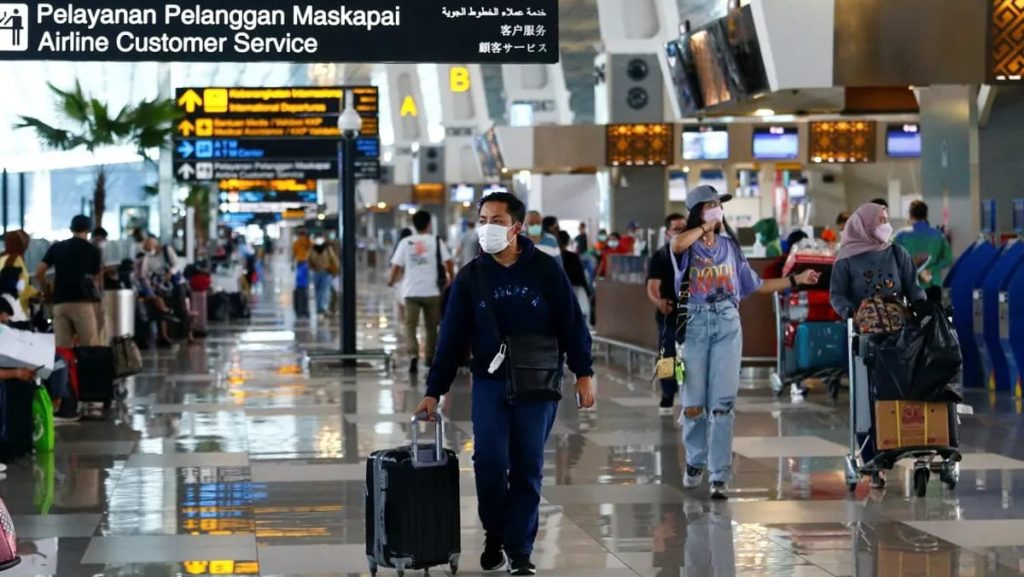The Indonesian government is planning to introduce a new regulation that would allow dual citizenship for Indonesian diaspora living abroad. The policy initiative has been discussed with President Joko Widodo and is being coordinated by the Ministry of Political, Legal, and Security Affairs. The proposed regulation is not expected to violate the existing Citizenship Law which mandates single citizenship for Indonesian nationals. The aim is to make it easier for Indonesian diaspora to return to the country, live and work there, and enjoy their homeland for a lifetime.
The timeline for the implementation of the new regulation is expected to be within the next two months, before President Joko Widodo’s term ends. The current defence minister, Prabowo Subianto, is set to succeed Mr Widodo as the president. The government hopes to enact the policy through a government regulation, rather than changing the existing Citizenship Law, which would require parliamentary approval. The focus is on making it easier for the diaspora to return without interfering with their existing single citizenship.
The proposed government regulation has received a positive reception from the Indonesian diaspora in the United States. Supporters believe that dual citizenship is about having a sense of belonging and that it could benefit Indonesia. However, some experts suggest that the most feasible policy implementation might be the introduction of a visa-free policy for the Indonesian diaspora, rather than granting working rights immediately. This issue is particularly important as Indonesia has been experiencing a brain drain phenomenon, with skilled talents renouncing their citizenship to seek opportunities abroad.
Indonesia does not currently recognize dual citizenship for adults, only allowing children of mixed marriages to hold dual nationality until they are 18 years old or married. Efforts to amend the Citizenship Law to allow adults to hold dual citizenship faced opposition from lawmakers in the past. However, the proposed OCI-like scheme is seen as a realistic step towards addressing the concerns of the diaspora and encouraging their return to Indonesia. The aim is to provide a sense of belonging and recognition of Indonesian identity for those returning to the country.
The Ministry of Foreign Affairs estimates that there are approximately nine million Indonesians holding Indonesian passports overseas, with the largest number residing in Asia. Concerns have been raised about the brain drain phenomenon, with skilled talents leaving Indonesia for better quality of life and career opportunities abroad. The government hopes that by introducing a dual citizenship regulation, it can encourage Indonesian diaspora to return to the country and contribute to its development. The focus is on creating a sense of belonging and recognition for those returning to Indonesia.


